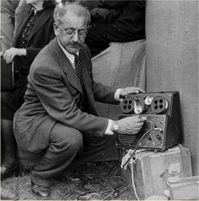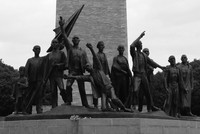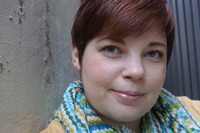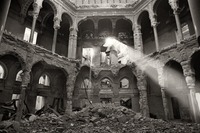A Sociological Perspective on Torture"
Tuesday, March 10, 4pm
1114 Social Sciences
CHGS Lecture, co-sponsored with the Department of Sociology and the Human Rights Program
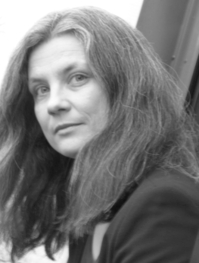
Katharina Inhetveen
Sociology Chair, Siegen University, Germany
Sociology Chair, Siegen University, Germany
The lecture will explore torture, as a case of systematized violent action, using analytical instruments informed by the sociology of the body and the sociology of knowledge. The focus is on relations between torture practices and body knowledge. It is argued that the differences as well as the similarities between specific cases of torture, treated in a comparative perspective, can be better understood by taking into account not only the actual torture practices themselves, but also their interconnectedness with body knowledge and body images as socio-cultural constructions. Professor Inhetveen will discuss how violent action and body knowledge mutually influence, shape and reshape each other.
